Questa è la pagina dedicata a Bernard Lewis.
In questa pagina troverai 5 prodotti, tra cui “Le molte identità del Medio Oriente”.
Culture in conflitto. Cristiani, ebrei e musulmani alle origini del mondo moderno
Il 1492 è un anno fatidico per la storia della Spagna e insieme cruciale per la storia dell’umanità. E’ l’anno in cui Colombo varca l’Atlantico, alla scoperta del nuovo mondo; ma è anche l’anno in cui gli Spagnoli conquistano Granada, cacciando i musulmani dalla loro ultima roccaforte iberica. Ed è infine l’anno in cui gli Ebrei vengono espulsi dalla Spagna, sotto la spinta di una persecuzione dai toni violenti e drammatici. Dal volume emerge uno scontro di civiltà, di religioni, di modi di vita.
Le origini della rabbia musulmana. Millecinquecento anni di confronto tra Islam e Occidente
Bernard Lewis, uno dei più celebri e autorevoli studiosi della civiltà mediorientale, propone in queste pagine una visione unitaria della multiforme vicenda del mondo musulmano e dei suoi problematici rapporti con l’Occidente: quindici secoli di guerra e coesistenza pacifica, di regni illuminati e regimi dittatoriali, di vette di eccellenza scientifica e letteraria e abissi di mise e terrore sanguinario. Con maestria divulgativa e spaziando dall’organizzazion della propaganda sotto la dinastia abbaside ai tragici fatti dell’11 settembre 2001, l’autore restituisce un affresco vivo e accessibile degli aspetti materi sociali, artistici e religiosi dell’Islam e ci guida nella difficile impresa di fare i conti con alcune delle domande più urgenti degli anni in cui viviamo Perché se, dopo l’attentato alle Torri Gemelle e le guerre in Afghanistan e in Iraq, la questione mediorientale è diventata di bruciante attualità, non si può pensare di risolverla senza prima calarla nel suo reale contesto storico, geografico, religioso e culturale.
What Went Wrong?: The Clash between Islam and Modernity in the Middle East
A bestselling account of why the Islamic world has been losing the conflict with the West for 300 years – and the frustration and humiliation this has produced. For many centuries, Islam was the world’s greatest, most open, most enlightened, most creative, most powerful civilisation. And then everything changed, as the previously despised West won victory after victory, first on the battlefield and in the marketplace, then in almost every aspect of public and even private life. Bernard Lewis examines the anguished reaction of the Islamic world as it tried to understand why things had changed, and he provides a fascinating portrait of a culture in turmoil. Some Middle Easterners asked not ‘who did this to us?’ but ‘where did we go wrong?’; while others fastened blame on a series of scapegoats, both internal and external – and the results are very much with us today.
Le molte identità del Medio Oriente
Il linguaggio della politica, tutto occidentale, non riesce a cogliere le diversità culturali dei paesi sorti dallo sfaldamento dell’impero ottomano. Usiamo gli stessi termini (stato, patria, razza, religione), ignorando che là hanno storia e significato profondamente differenti. Coniugando storia e attualità, Bernard Lewis spiega come si costituiscono le identità dei paesi mediorientali. In quelle società storicamente gli individui non hanno mai basato la definizione della loro identità sulle differenze sociali o economiche e nemmeno su quelle generazionali e sessuali. Le identità primarie sono quelle acquisite dalla nascita: famiglia, villaggio, comunità religiosa un’appartenenza quest’ultima che è l’unica in grado di trascendere i legami locali e immediati, sulla quale si fonda il valore della lealtà.
The Middle East: A Brief History of the Last 2,000 Years
As the Birthplace of three religions and many civilizations, the Middle East has for centuries been a center of knowledge and ideas, of techniques and commodities, and, at times, of military and political power. With the historical – and still growing – importance of the Middle East in modern politics, historian Bernard Lewis’s cogent and scholary writing brings a wider understanding of the cultures of the region to a popular audience. In this immensely readable and broad history, Lewis charts the successive transformations of the Middle East, beginning with the two great empires, the Roman and the Persian, whose disputes divided the region two thousand years ago; the development of monotheism and the growth of Christianity; the astonishingly rapid rise and spread of Islam over a vast area; the waves of invaders from the East and the Mongol hordes of Jengiz Khan; the rise of the Ottoman Turks in Anatolia, the Mamluks in Egypt and the Safavids in Iran; the peak and decline of the great Ottoman state; and the changing balance of power between the Muslim and Christian worlds. Within this narrative, Lewis details the myriad forces that have shaped the history of the Middle East: the Islamic religion and legal system; the traditions of government; the immense variety of trade and the remarkably wide range of crops; the elites – military, commercial, religious, intellectual and artistic – and the commonalty, including such socially distinct groups as slaves, women and non-believers. He finally weaves these threads together by looking at the pervasive impact in modern times of Western ideas and technology, and the responses and reactions they evoked. Rich with vivid detail and the knowledge ofa great scholar, this brilliant survey of the history and civilizations of the Middle East reveals the huge Islamic contribution to European life, as well as the European contribution to the Islamic world.
Se volessi saperne di più, dai un’occhiata al nostro canale Youtube!


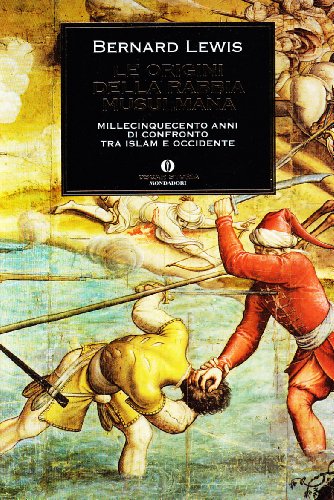

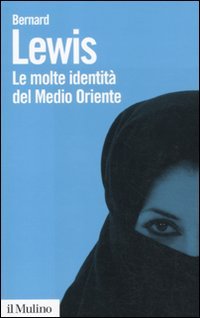
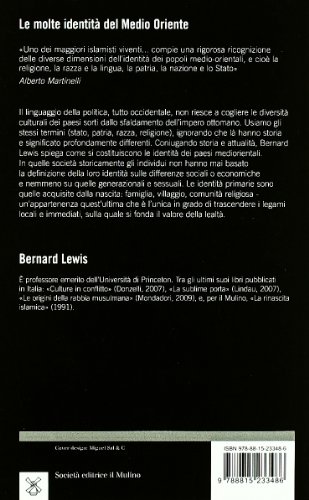


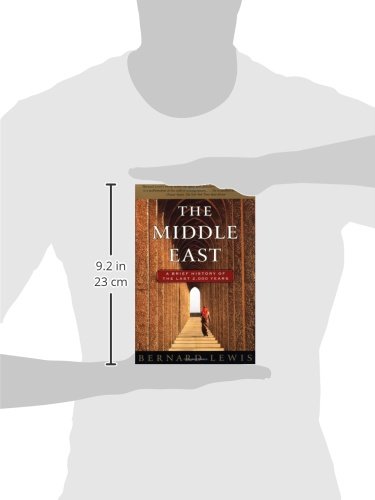


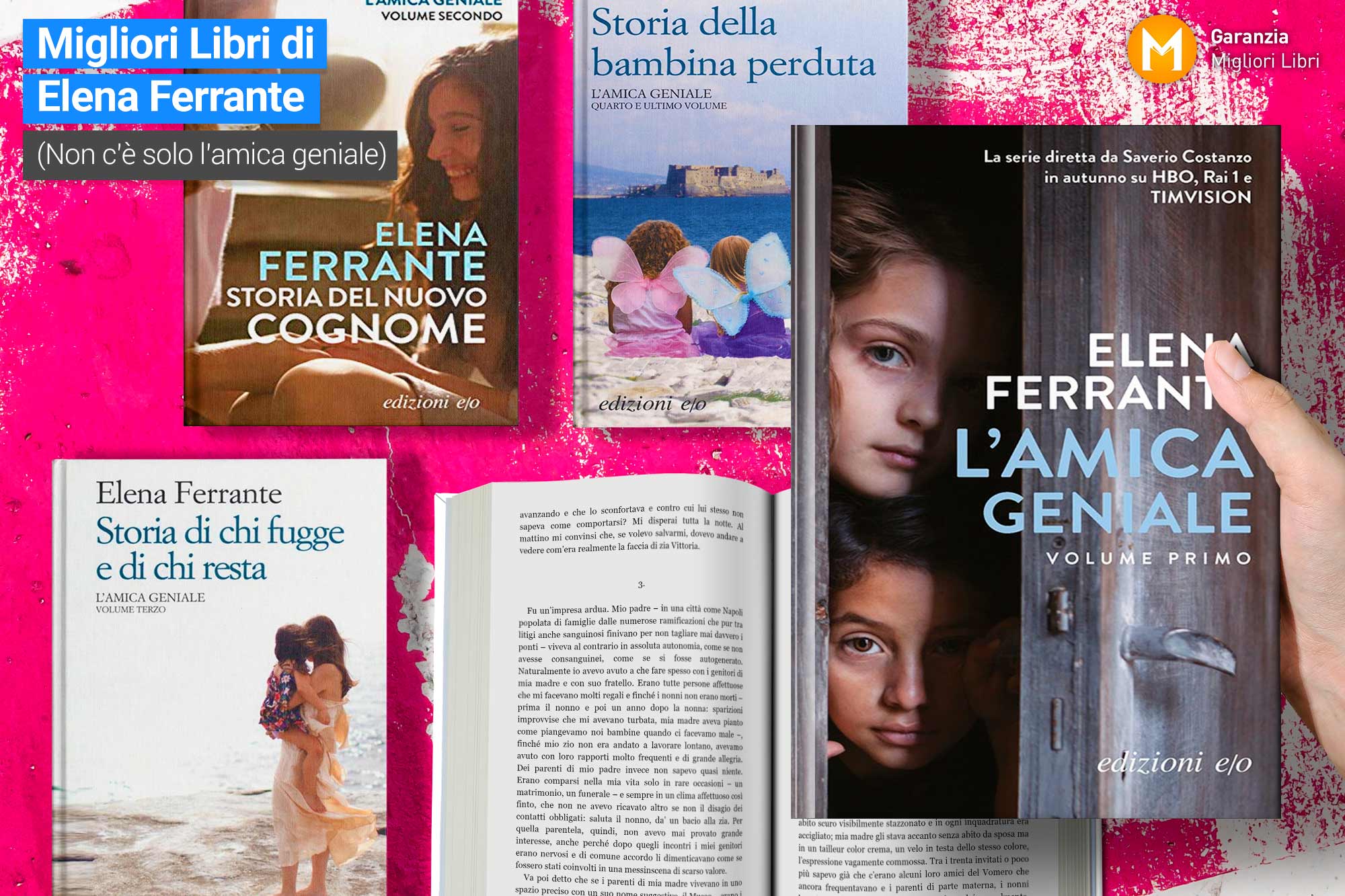




Lascia un commento
Devi essere connesso per inviare un commento.